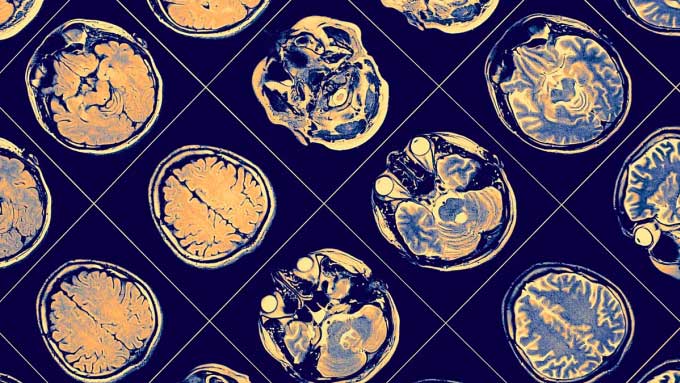Research from the United States and Spain shows that men can lose about 1-2% of their cortical volume after the birth of their first child.
The study, conducted by scientists at the Gregorio Marañón Health Research Institute (Spain) and the University of Southern California (USA), was published in the journal Cerebral Cortex on September 9.
Changes in the brains of new fathers primarily occur in a region known as the “default mode network”, which is associated with feelings of acceptance and warmth in parenting. Although this may seem negative, the loss of cortical volume indicates improvements in brain function, making connections with children more natural and meaningful.
To reach this conclusion, researchers studied MRI scans of 40 first-time fathers. Half of them lived in Spain, while the other half resided in the United States. The control group consisted of 17 men who were not fathers, also from Spain.
The Spanish fathers underwent brain scans twice: before their partners became pregnant and after the birth of their first child. The American group was scanned from mid to late pregnancy and again about 7 to 8 months after the birth of their child.
Next, the experts compared these results with the control group and found that the brains of fathers exhibited greater neuroplasticity (also known as brain flexibility). This area is responsible for adaptation and social understanding.
“The study provides comprehensive evidence that the cortical structure of fathers is different, indicating that the experience of fatherhood can change the flexibility of brain structure,” the research states.

MRI scan showing reduced cortical volume in volunteers. (Photo: Interesting Engineering)
This new study reinforces the conclusions of a 2016 study, which indicated significant changes in the brain structure of women during their first pregnancy. It was found that the amount of gray matter in areas related to processing and social response decreased.
“We do not want to say that ‘pregnancy makes your brain less developed.’ The phenomenon of gray matter loss is also part of the maturation or specialization process that can be beneficial,” said Elseline Hoekzema, a neuroscientist at Leiden University and the lead author of the study.
In men, both brain regions affected during their partner’s pregnancy help them connect more deeply with their newborn. As a result, not only do women tend to change increasingly to adapt to childbirth, but men also possess this crucial ability. Therefore, fathers play an equally important role in the early developmental years of young children.

















































